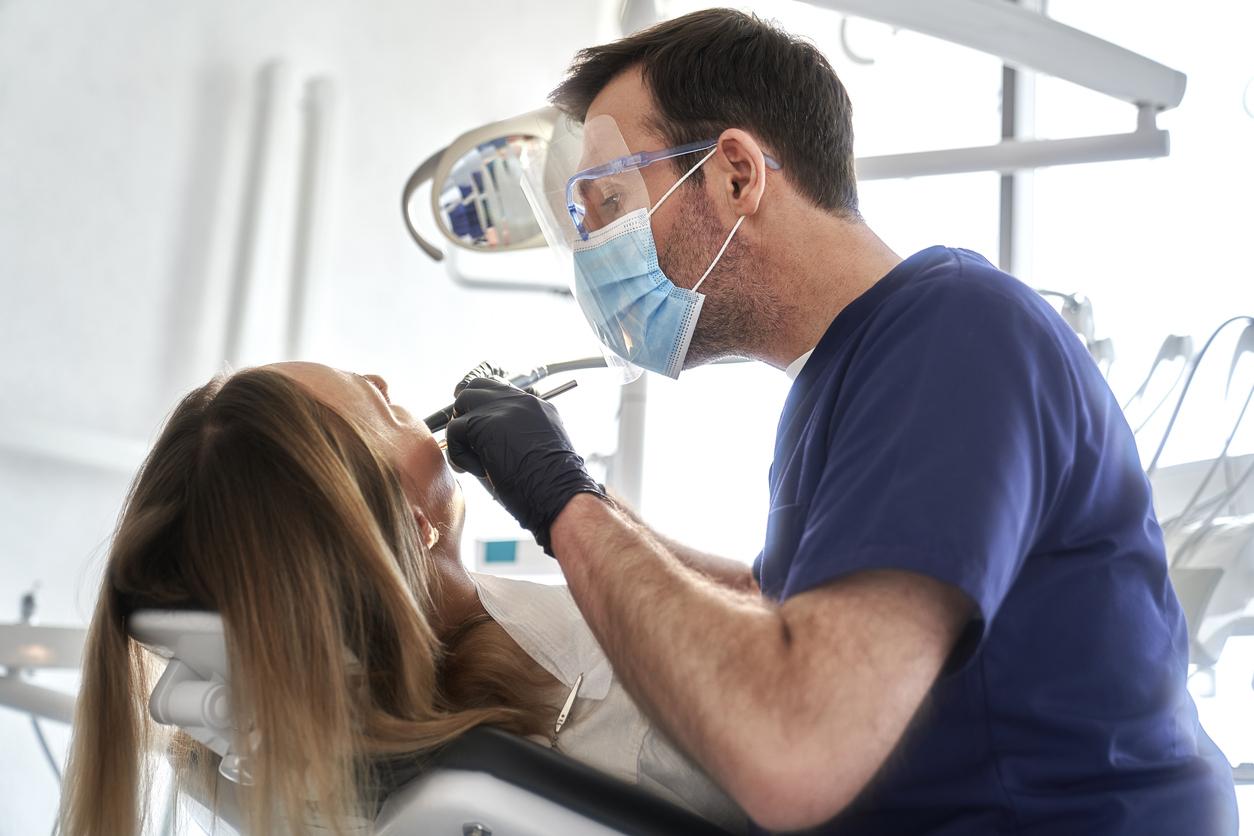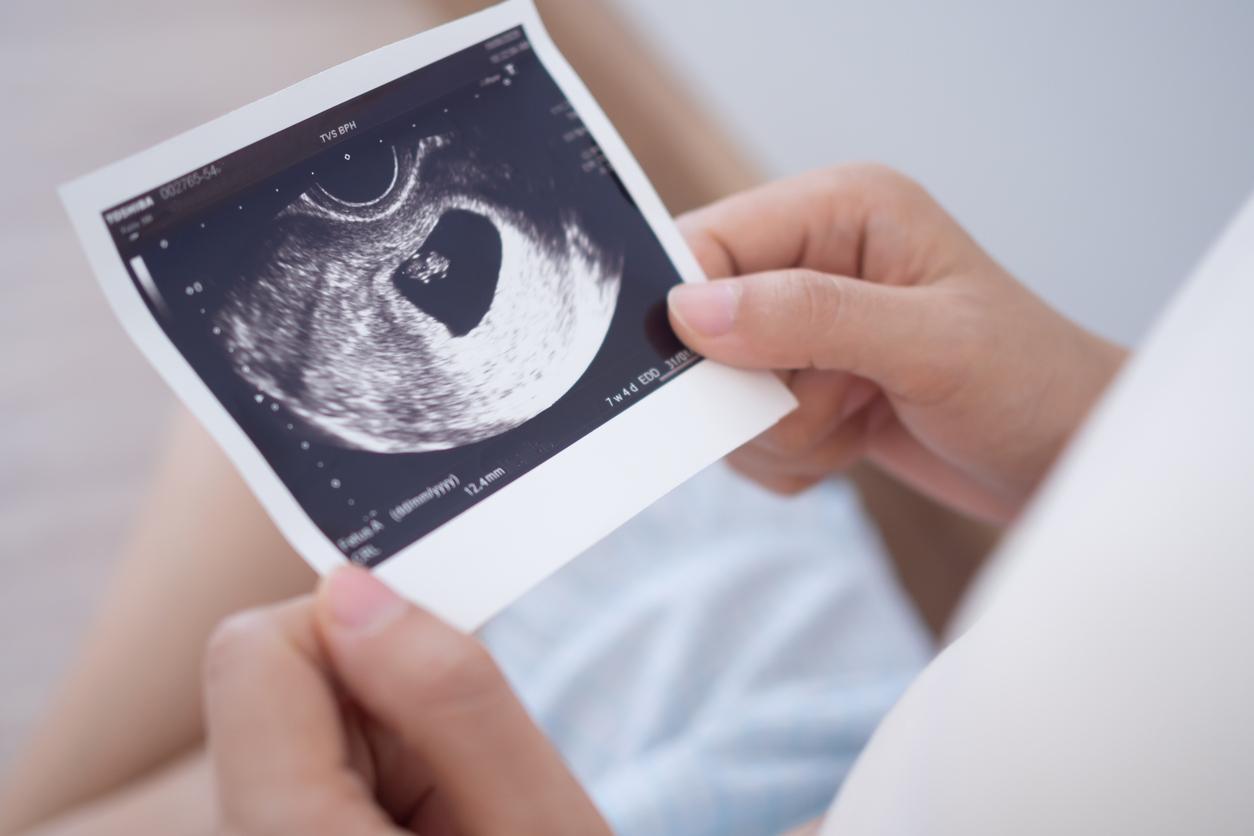Returning from a trip to an exotic country, you brought back a suitcase full of souvenirs? Be careful, between trinkets and pareos can hide rabies, malaria, dengue fever, tuberculosis and many other diseases that we would like not to have transported. If the first symptoms may not alert the patient, they are likely to cause major public health problems in France and generate epidemics.
For this reason, the National Institute for Health Surveillance (InVS) asks doctors to strengthen their advice after patients and report all cases to the Regional Health Agency. In his newsletter annual report of health recommendations for travellers, the institute is particularly concerned about diseases transmitted by mosquitoes dengue feverchikungunya and malaria.
Consult quickly
“The rate of sick travelers varies from 15% to 70% according to the studies, depending on the type of traveller, the destinations and the conditions of stay. The fact that dengue fever appeared in Madeira and that malaria reappeared in Greece makes it a few years ago is another reason to be vigilant with regard to vector-borne diseases”, indicates Éric Caumes, the author of the bulletin and member of the high public health council.
The InVS has also noted an increase in cases of respiratory infection caused by coronavirus. In the event of fever accompanied by difficulty breathing after having traveled to the Gulf countries, the specialists invite the sick to consult quickly. Same recommendation concerning animal rabies, the most serious of infectious diseases, which should not be taken lightly.
















